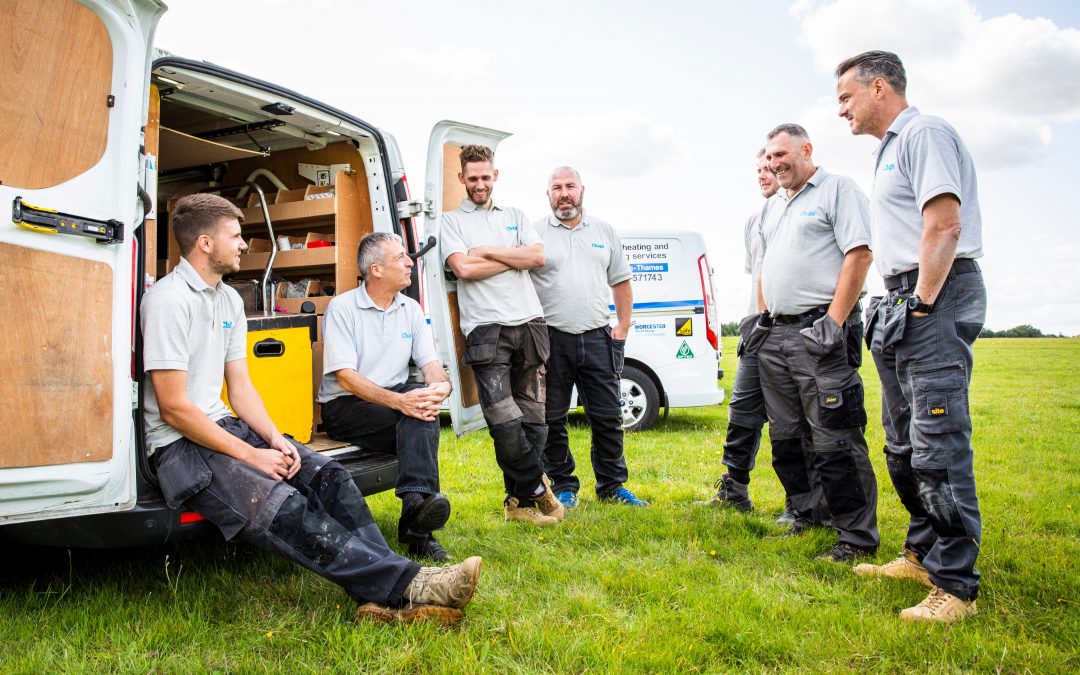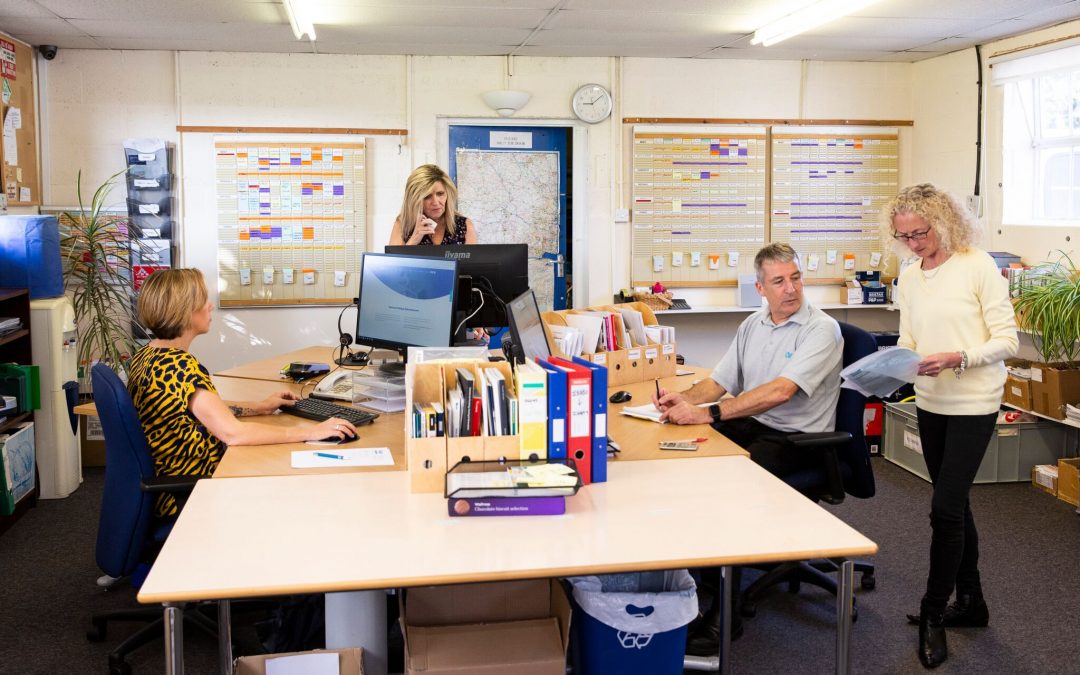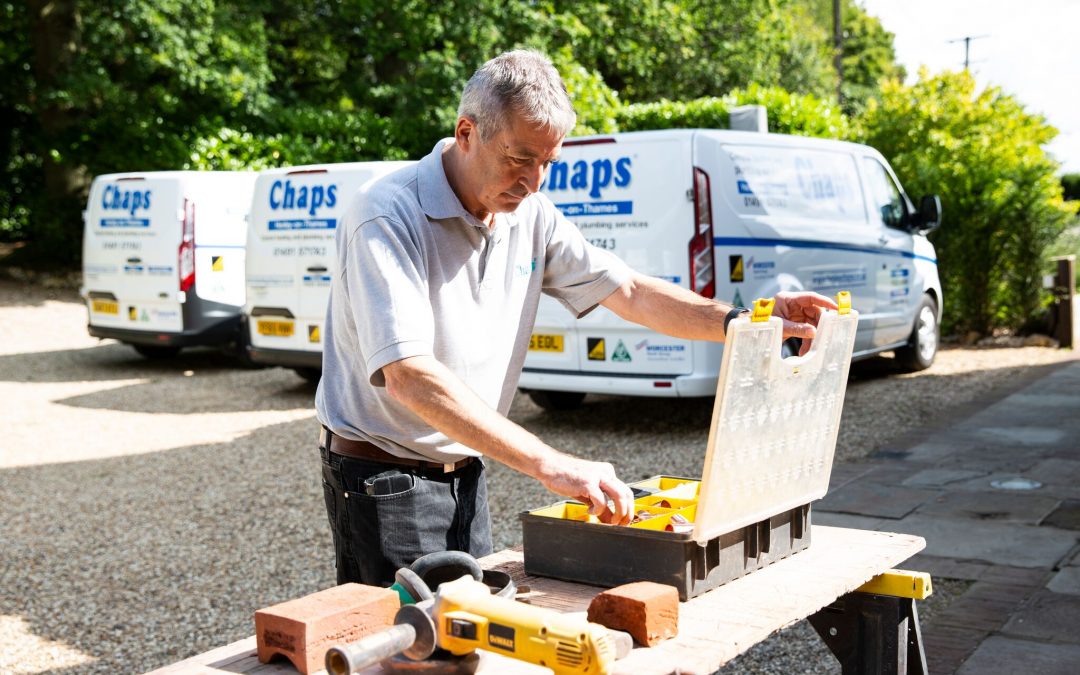A message to all of our valued customers:
The safety and well-being of our customers and colleagues is always our number one priority, even more so now with the ever-changing progression of the Coronavirus outbreak.
We know that people’s day-to-day lives are being disrupted and this is likely to become significantly worse but as far as possible for CHAPS, we will endeavour to provide the service and customer care we are known for. As the situation evolves, we will do everything in our power to resolve any plumbing & heating issues you may have.
Our policy:
If you are currently self-isolating, or suspect that you might be suffering from Coronavirus, we ask that as a precaution you inform us when booking an engineer visit so that we can plan the most suitable approach. Whilst the situation develops rapidly each appointment involving a customer who is self-isolating, will be reviewed on a case-by-case basis.
In order to ensure we get to as many vulnerable people as possible during this period, we’re looking at our demand and capacity and prioritising as you would expect us to.
For all other work, our engineers will undertake the following;
- Engineers have been instructed that they must self-isolate if they display any symptoms
- We will be requesting customers to clear any working areas
- No handshakes on arrival
- Currently, keeping suitable distance between ourselves is recognised as best practice, we trust our customers will support our engineers and maintain a safe distance whilst they are at the property
- Our engineers all carry personal protective equipment that can safeguard the working environment
- We are providing our engineers with regular updates and coaching on hygiene and how to deal with their work in these situations
Thank you for your ongoing support as we work through these challenges.
If you have any further questions regarding our Covid-19 strategy please do not hesitate to contact us.



